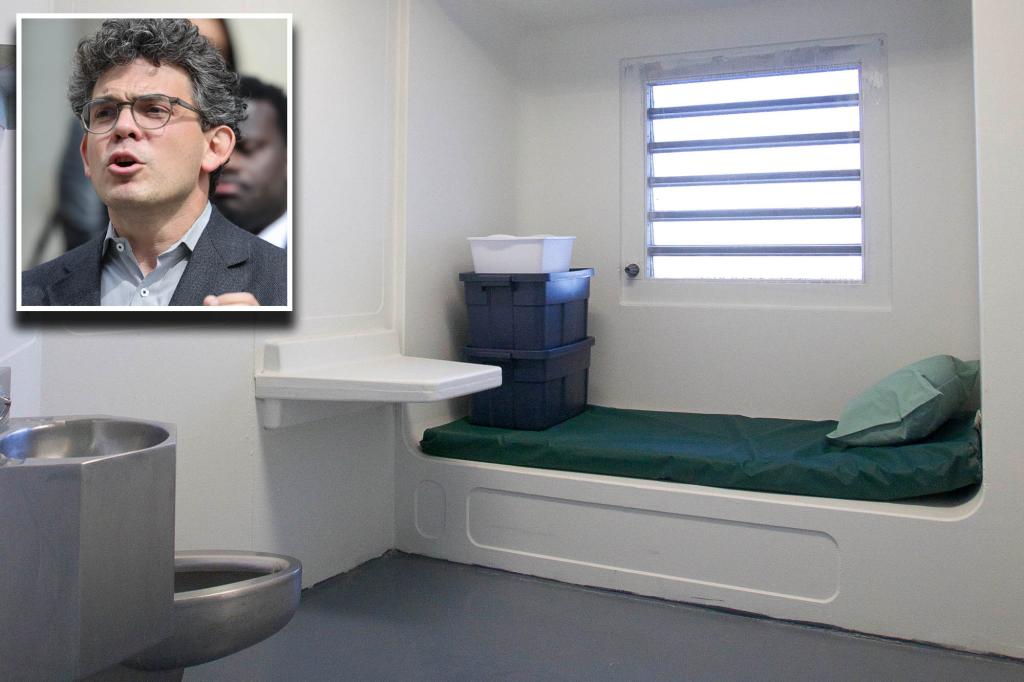NYC Councilman Lincoln Restler recently expressed concern over the number of proposed beds for mentally ill inmates being slashed in half at the jail under construction on Atlantic Avenue in Brooklyn. He emphasized the potential disaster this could lead to for the city, especially considering that 55% of inmates at Rikers Island require mental health treatment. The Brooklyn detention center is only slated to have 22% of beds for mentally ill patients, down from the initial plan of 44%.
Restler’s questioning of city Health and Hospital brass was prompted by a series of shocking crimes allegedly committed by serial offenders with histories of mental illness. These incidents included the unprovoked stabbing of a tourist near Times Square by Cyril Destin and the slashing of an 11-year-old in Harlem by Shaquan Cummings, both of whom are mentally ill. The issue of treating mentally disturbed suspects in the boroughs once Rikers Island is shut down brought up concerns over the lack of adequate accommodations.
Senior Vice President for H&H, Dr. Patsy Yang, assured that Correctional Health Services would provide necessary care as it does currently at the Rikers facilities. However, Restler pointed out the significant gap between the number of mentally ill inmates and the beds designated for their needs. This disconnect raises doubts among constituents about the city’s ability to improve mental health treatment in correctional facilities. There is hope for an operational solution to inspire confidence in the community.
The decision to close Rikers Island by 2027 and replace it with smaller detention centers in each borough, except Staten Island, was made by the City Council in 2019 with the support of former Mayor Bill de Blasio. The $8.7 billion project aims to create more accessible facilities for families to visit inmates. However, the current mayor, Eric Adams, has expressed concerns about meeting the deadline, and there have been calls for a new Rikers psychiatric hospital to alleviate pressure on the jail system.
Retired NYPD detective and John Jay College adjunct professor Michael Alcazar labeled the current system as “broken,” citing the case of a repeat offender known as “Ice Pick Nick,” who was continuously arrested and hospitalized for treatment only to be released. It wasn’t until inquiries from The Post that prosecutors charged him with offenses requiring bail to keep him behind bars. These instances showcase the challenges of addressing mental health issues within the criminal justice system and highlight the need for better coordination between law enforcement, healthcare providers, and officials.


